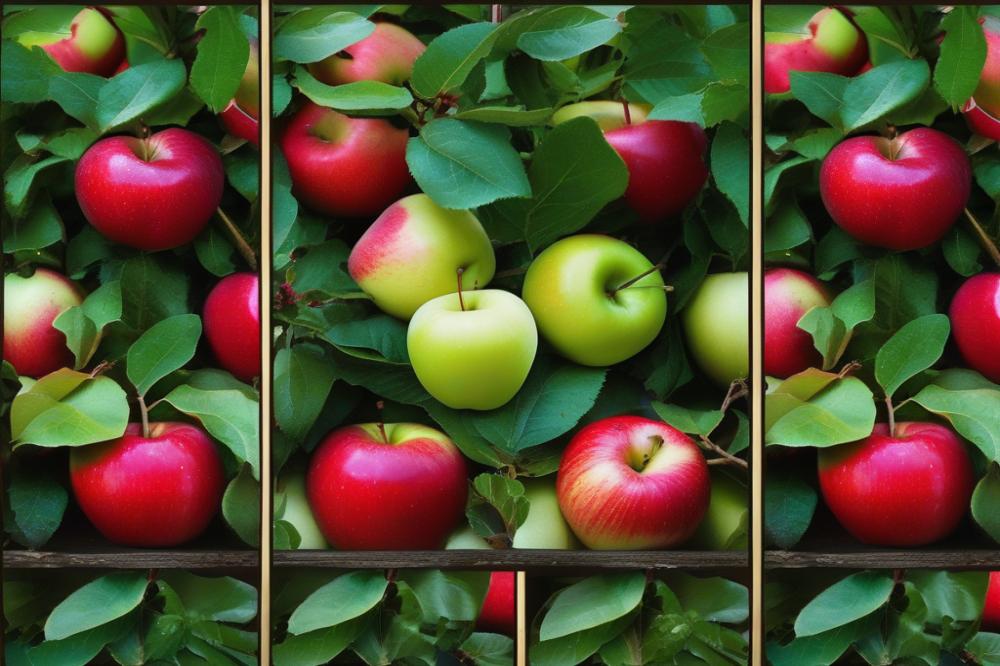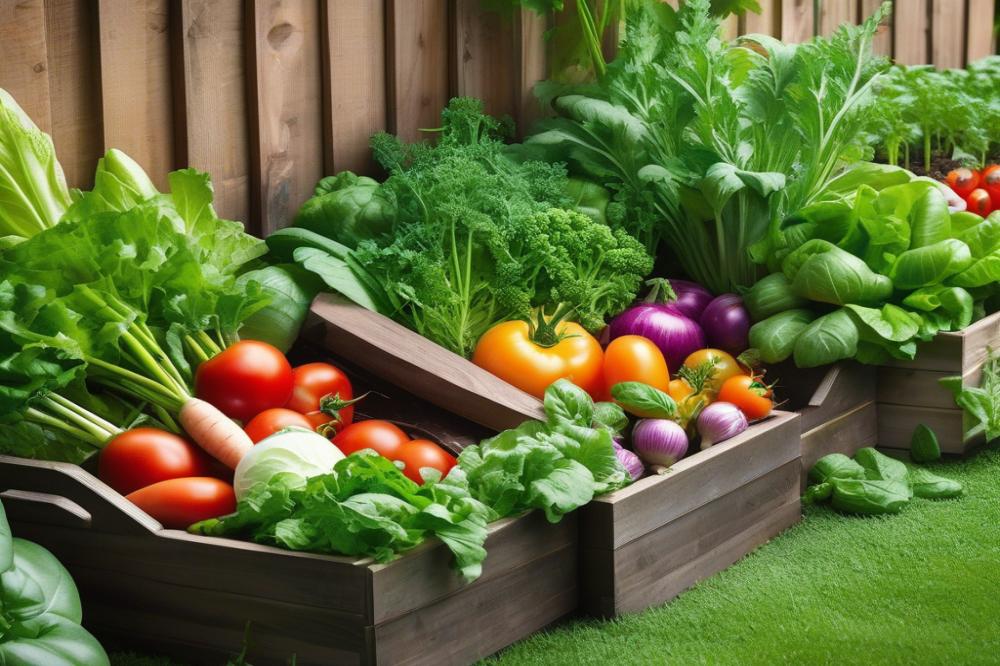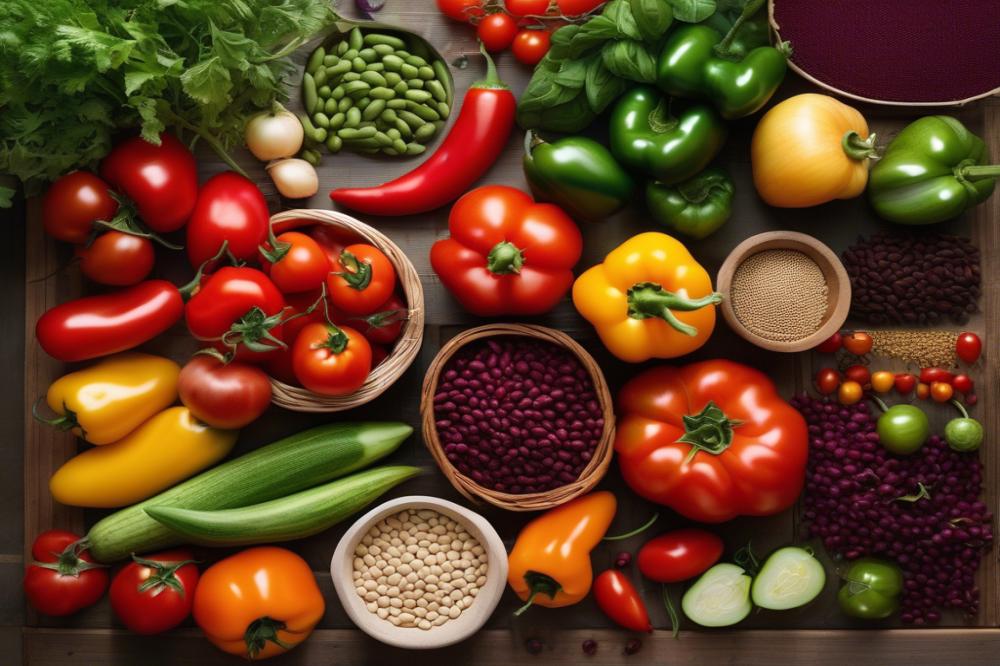Embracing Tradition with Kings County Pippin Apples
The Kings County Pippin Apples hold a special place in the world of fruits. They embody the rich heritage of apple cultivation in America and represent a time-honored connection to the land. These heirloom apples have much to offer beyond mere nostalgia, captivating both new gardeners and seasoned growers alike.
heritage fruits provide a vibrant link to our agricultural past. Cultivating these varieties fosters a deeper appreciation for sustainable agriculture. They teach us about the food history of our region and highlight the importance of preserving both flavor and farming practices. Today, many local farmers advocate for organic farming, ensuring that these special plants thrive in modern gardens.
A focus on traditional apple varieties and their culinary uses proves beneficial for home cooks. Kings County Pippin Apples are perfect for creating delicious recipes, from classic pies to elegant sauces. Their distinct flavor invites exploration, encouraging cooks to experiment with fruit preservation techniques, which can be gratifying as well as sustainable.
As this article unfolds, we will delve into the nuances of apple cultivation in home gardens. Insights into growing these exceptional fruits will be shared. Tips for caring for heirloom apples will also play a key role in promoting practices that honor our agricultural heritage. Join us on this journey as we celebrate not only the Pippin apple but also the richness of our gardening traditions.
The History of Kings County Pippin Apples

The story of Kings County Pippin apples traces back to the rich agricultural roots of the Hudson Valley. Originally cultivated by early settlers, these heritage fruits flourished due to the region’s favorable climate and soil. Over time, farmers recognized their exceptional flavor and versatile nature, leading to a steady increase in popularity.
Heirloom apples like these play a crucial role in the preservation of agricultural traditions. Unlike commercial varieties, they carry stories from different generations of growers. These fruits often symbolize hard work and a connection to the land that has been cultivated for decades. Each bite tells a tale of the past with every crisp slice, reminding us of our agricultural heritage.
Today, local farmers continue to prioritize apple cultivation in an era dominated by mass-produced options. Many of them engage in organic farming practices, emphasizing the need for sustainability. By nurturing these ancient varieties, they contribute to a growing movement that values biodiversity and fruit preservation.
Culinary uses for Kings County Pippin apples are varied and exciting. From straightforward apple recipes to gourmet desserts, their versatility makes them a favorite in many kitchens. Taste exploration is enhanced by the unique flavor profile of these apples, drawing attention from chefs and home cooks alike.
Community connections also run deep, as many farmers work closely with local markets. Supporting sustainable agriculture fortifies the economy while promoting thoughtful food choices. These relationships enrich the community fabric, uniting people around a shared love of quality produce. Through generations, Kings County Pippin apples have retained their special place in both the kitchen and the heart.
Cultivating Kings County Pippin Apples

Growing apples can be a rewarding hobby. To cultivate Kings County Pippin apples, you need to understand the essentials. Start by selecting a sunny spot in your garden. Apples thrive in areas that receive full sunlight for at least six hours each day. Good air circulation is also vital to prevent disease.
Soil Requirements and Climate Considerations
Soil plays a crucial role in apple cultivation. Aim for well-draining, loamy soil rich in organic matter. A pH level between 6.0 and 7.0 is ideal for these heritage fruits. Heavy clay or sandy soils can create problems. If your soil isn’t optimal, consider adding compost to enrich it. Cold winters and warm summers contribute to the best flavor, so regions with these climates are prime for growing apples.
Organic Farming Techniques for Apple Cultivation
Practicing organic farming techniques can lead to healthy, delicious apples. Start by choosing heirloom varieties for your garden. These apples often offer superior taste and resilience. Companion planting helps by naturally repelling pests. Consider growing herbs and flowers alongside your fruit trees. Using organic mulch can conserve moisture and suppress weeds. Crop rotation is another effective method to keep your soil fertile and full of nutrients.
Pest Management and Maintaining Healthy Trees
Pest management can be challenging, but there are ways to deal with it sustainably. Monitor your trees regularly for any signs of pests or diseases. Insects like aphids or apple maggots can threaten your apples. Baits and traps can help control these pests without harmful chemicals. Additionally, using beneficial insects, such as ladybugs, can promote a healthy ecosystem. Proper tree pruning also allows for better air flow and sunlight penetration, which contribute to a healthy orchard.
Exploring traditional apple recipes with local farmers can enhance your understanding of this fruit. From pies to cider, the culinary uses of Kings County Pippin apples are vast. Food preservation techniques like canning or freezing can help you save your harvest. Taste exploration is a delightful activity that showcases the flavor profiles of these unique heirloom apples. By applying sustainable agriculture practices, you can enjoy the fruits of your labor for years to come.
Culinary Uses of Kings County Pippin Apples

This apple variety offers a delightful blend of sweet and tart flavors. Known for its crisp texture, it is often compared to other heirloom apples. The Pippin has a slightly aromatic quality that makes it perfect for a range of culinary uses.
Flavor Profile and Characteristics
These heritage fruits are particularly beloved for their balanced taste. They exhibit a bright acidity that pairs well with both savory and sweet dishes. Local farmers raise them with a focus on organic farming practices, ensuring everyone can appreciate their natural goodness.
Popular Apple Recipes
There are countless apple recipes that make the most of this versatile fruit. A classic option is the traditional apple pie, where its firm flesh stands up beautifully to baking. For something refreshing, consider a crisp salad featuring Pippin slices, walnuts, and a tangy vinaigrette.
Another favorite is homemade applesauce. This simple dish can be made by simmering peeled and chopped apples with a touch of sugar and cinnamon. It’s a wonderful way to enjoy the fruit’s natural sweetness.
Transforming Apples into Other Products
Pippin apples shine not only in desserts but also in fruit preservation. Canners can create memorable jams and jellies that capture the essence of fall. With the right spices, a spiced apple cider becomes a seasonal delight perfect for gatherings.
Many enthusiasts also explore the art of fermenting apples into hard cider. This process offers a fabulous way to highlight their inherent flavors. Sustainable agriculture practices apply here, promoting a beneficial cycle for the environment.
In summary, the Kings County Pippin Apples offer a delightful opportunity for taste exploration. From savory meals to sweet treats, their culinary versatility stands out, making them a beloved choice among many cooks. Embracing this fruit reflects a deeper connection to tradition and local heritage.
Sustainable Practices in Apple Gardening
Sustainable agriculture plays a crucial role in fruit growing. It focuses on methods that protect the environment while producing healthy food. Many people are becoming more aware of how their food choices impact the planet. Apple cultivation, especially with heritage fruits like Kings County Pippin apples, benefits from these eco-friendly practices.
Organic farming is one of the best ways to enhance soil health and biodiversity. Instead of harmful chemicals, farmers can use natural fertilizers and compost. Such practices encourage beneficial insects and microbes. The result is a healthier ecosystem that supports both the trees and the surrounding wildlife.
Supporting local farmers through sustainable practices also strengthens communities. When consumers buy locally, they promote regional food systems. Fresh produce, including heirloom apples, often tastes better and has more nutrients. Many communities benefit from farmers’ markets, which connect producers with consumers directly.
Fruit preservation techniques are another aspect of sustainable practices. With proper methods, fruits can be stored and enjoyed well beyond the harvest season. This reduces food waste and allows for taste exploration throughout the year. Home canning and creative apple recipes can involve families in the process, making it a shared experience.
Understanding the importance of preserving traditional farming methods is essential. These practices not only keep the flavor profiles of heirloom varieties intact but also pass down knowledge through generations. Sustainable methods lead to a more vibrant agriculture system that honors the past while adapting to change.
Exploring the Taste of Kings County Pippin Apples
Taste exploration can reveal delightful nuances among different varieties of heritage fruits. Each apple presents a distinct combination of sweetness and tartness. The Kings County Pippin is particularly noted for its crisp texture and full-bodied flavor. Whether eaten fresh or used in apple recipes, it holds a special place in local culinary traditions.
Pairing with Other Ingredients
Pairing this apple with cheese creates a balanced bite. Sharp cheddar complements the apple’s natural sweetness. For a refreshing drink, mix it with sparkling water and a sprig of mint. Dishes like salads shine with slices of Pippin apples added for crunch and flavor. Even desserts benefit from their unique taste, elevating classics like pies and crisps.
Community Events and Tastings
Local farmers take pride in hosting events that celebrate apple cultivation and sustainable agriculture. Community tastings allow everyone to savor heirloom apples while learning about organic farming practices. These gatherings promote fruit preservation techniques that help maintain the rich heritage of apple varieties. Workshops often show how to incorporate apples into everyday cooking, sharing both recipes and tips.
Traditions are celebrated through festivals where the joy of tasting Pippin apples is at the forefront. Families gather to sample different varieties, exchanging thoughts on their favorites. The atmosphere buzzes with excitement as attendees learn how this fruit has shaped the local culture. People leave with new ideas and an appreciation for how these apples fit into the fabric of their community.
Embracing the Legacy of Pippin Apples
Recapping the importance of Kings County Pippin Apples evokes a sense of nostalgia. These heritage fruits play a pivotal role in both gardening and culinary practices today. As more people seek to reconnect with the past, cultivating these heirloom varieties has gained traction. They offer a natural sweetness and rich flavor that cannot be found in commercial options. Their presence in home gardens adds diversity and history, enriching the experience of growing food.
Encouragement to embrace tradition is vital. Consider planting your very own heirloom apples. Connecting with a time-honored practice fosters appreciation for local agriculture. This act allows individuals to actively contribute to the preservation of history while enjoying the fruits of their labor. Learning the ins and outs of apple cultivation can be an exciting adventure for beginner and seasoned gardeners alike.
Final thoughts on sustainability and local sourcing emphasize their relevance in today’s world. Choosing to grow and consume local varieties supports a healthier food system. It promotes biodiversity and reduces the carbon footprint associated with imported produce. Through this simple act of nurturing an heirloom tree, one can experience both personal and environmental benefits. Embrace the legacy of these remarkable apples, and enjoy the journey that comes with them.



